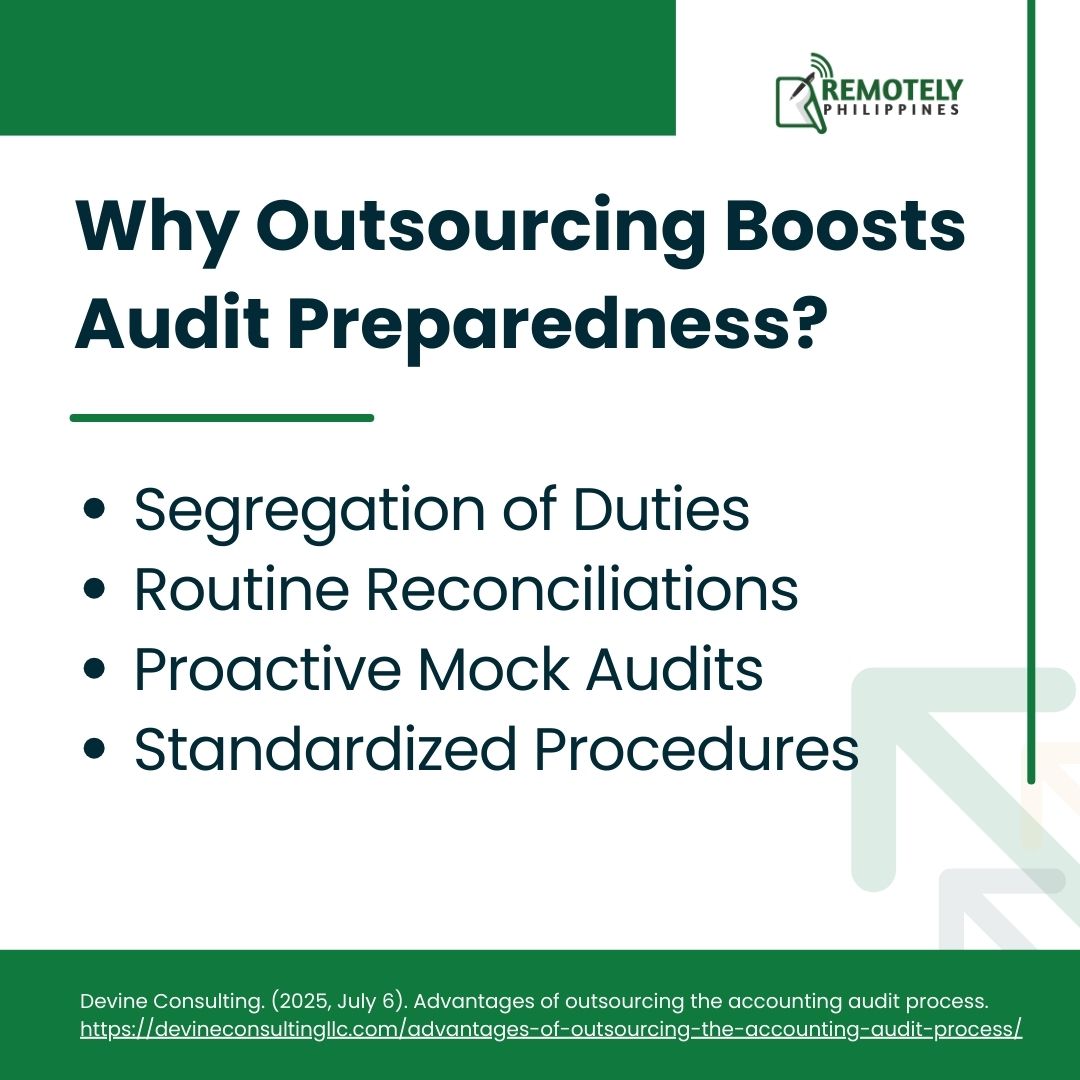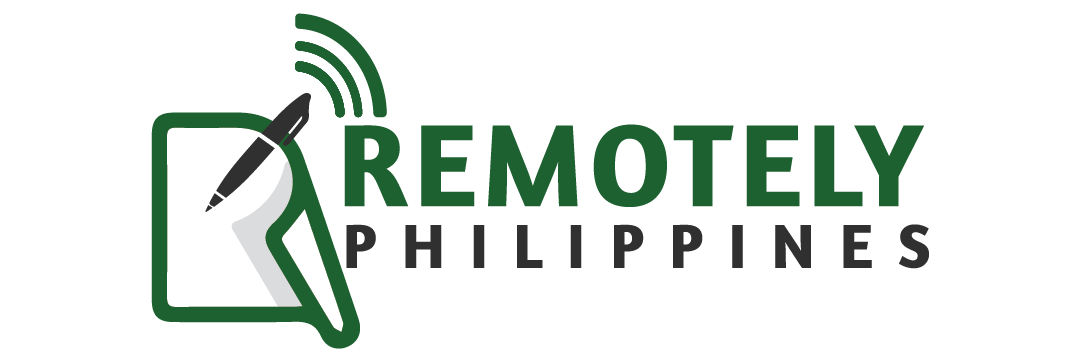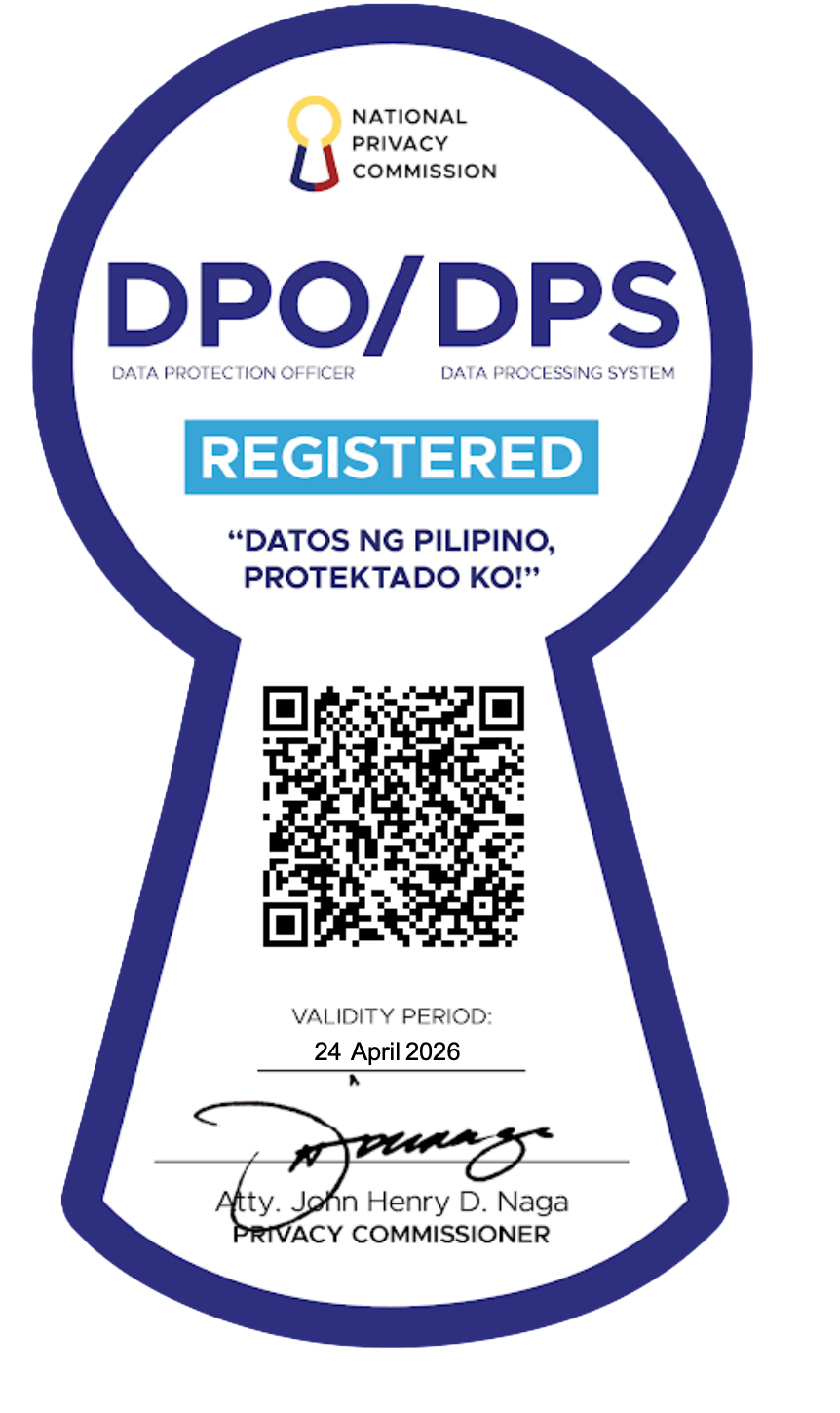Is outsourcing your accounting a leap of faith or indeed a smarter way to stay compliant and secure?
Nowadays, businesses are constantly balancing growth with compliance. For startups, nonprofits, and growing enterprises, the pressure to manage accounting accurately while staying lean is relentless. In fact, accurate accounting is more than a back-office function, it’s a pillar of financial integrity and compliance.
Yet managing it in-house often stretches limited resources. While outsourcing accounting can feel like relinquishing control, when done right, it actually reduces risk, strengthens compliance, and supports long-term growth. By tapping into specialized expertise, robust internal controls, and high-grade security protocols, outsourcing partners help organizations stay aligned with regulatory requirements, ready for audits, and protected from data vulnerabilities.
This article breaks down how outsourced accounting, far from being a liability, becomes a strategic safeguard.
Key Takeaways
- Outsourced accounting reduces risk, not increases it — by adding layers of oversight, structure, and expert review that many in-house teams can’t maintain.
- Regulatory alignment is easier with professionals who track and apply updates to tax laws, GAAP/IFRS, and industry standards.
- Audit readiness improves through segregation of duties, standardized processes, and regular reconciliations—keeping your business prepared year-round.
- Data security is stronger with outsourced providers who use advanced encryption, access controls, and compliance with privacy regulations like GDPR and HIPAA.
- Global operations benefit from providers who understand cross-border compliance and provide consistent reporting across different jurisdictions.
- The right outsourcing partner becomes a strategic compliance ally, not just a vendor, but a value-adding extension of your finance team.
Regulatory Alignment and Compliance
Outsourced accounting teams are built for compliance. Unlike small internal teams juggling multiple roles, professional providers dedicate themselves to staying current with tax codes, financial reporting standards, and industry-specific regulations. Whether your business follows U.S. GAAP, IFRS, or local rules, these partners help ensure your books meet evolving standards without you having to chase every update.
How Outsourcing Enhances Regulatory Compliance:
- Expert Updates
Outsourced accountants continuously monitor and adapt to changes in federal, state, local, and international financial regulations.
- Standardized Reporting
Providers consistently use frameworks like GAAP and IFRS, ensuring your records align with both auditor expectations and legal requirements.
- Thorough Documentation
Every transaction and control activity are logged in detail—crucial for regulatory inspections or audits.
- Clear Cost Accounting
With tools for cost allocation and time tracking, outsourced teams provide transparency in spending, which supports both compliance and operational efficiency.
Take, for example, a nonprofit that hires an outsourced team. When a new payroll tax rule takes effect, the provider applies it immediately—no delay, no penalty. The result? Your organization stays aligned with regulations in every market you serve.
For businesses operating across states or international borders, this regulatory precision is invaluable. The outsourced team tailors your accounting systems to each jurisdiction—freeing your internal team from navigating complex rulebooks.
Audit Readiness and Internal Controls
Audit season can be stressful—especially for small firms with lean internal finance teams. The lack of checks and balances not only increases the risk of error but also makes the company more vulnerable to fraud. Outsourcing accounting introduces rigor through process-driven internal controls and built-in segregation of duties.
It’s no longer just one person entering and approving transactions—there’s a team reviewing each step.

Why Outsourcing Boosts Audit Preparedness?
- Segregation of Duties
No single person controls the entire financial process—reducing fraud risk and improving accuracy. - Routine Reconciliations
Outsourced teams reconcile bank and vendor statements on a consistent schedule, keeping records up-to-date. - Proactive Mock Audits
Providers often run internal reviews to catch issues before they become audit findings. - Standardized Procedures
Formal checklists for monthly closings, approvals, and reporting ensure consistency and transparency year-round.
Since outsourced accountants operate with well-documented procedures and impartial reviews, your organization becomes “audit ready” at all times—not just during audit season. In fact, outsourcing partners contribute significantly to audit readiness by enforcing accounting standards and streamlining the internal audit process.
In short, outsourcing isn’t about replacing your team—it’s about reinforcing it with a structured system that prevents errors, flags inconsistencies, and builds confidence with stakeholders.
Data Security and Accountability
One of the biggest perceived risks of outsourcing is data security. But here’s the truth: many small businesses lack the resources to implement the kinds of safeguards that professional firms consider baseline. Top-tier outsourced accounting providers implement enterprise-grade security protocols, including data encryption, strict access controls, and continuous system monitoring.
How Outsourced Firms Protect Financial Data:
- Encryption & Cloud Security
Providers use 128-bit or higher encryption, secure cloud servers, and firewalls to protect financial information. - Rigorous Access Controls
Strong authentication protocols, role-based permissions, and audit trails prevent unauthorized access and create accountability. - Regulatory Compliance
Firms adhere to data privacy laws such as GDPR and HIPAA, often holding ISO/IEC 27001 certification. - Business Continuity Plans
Providers maintain data backups and recovery systems, protecting your financial information in case of outages or disasters.
Unlike internal staff who may have full access to edit and approve transactions, outsourced teams work within boundaries: they can’t edit or approve their own work without detection. Every action is logged, reviewed, and tied to a name—creating traceability that deters both fraud and negligence.
For many businesses, outsourcing is not only a secure option—it’s a step up in risk management.
Global Compliance Considerations
Operating globally? The complexity of cross-border compliance increases exponentially. Accounting regulations vary across countries, and navigating those requirements demands expertise. Outsourced accounting partners that serve multinational clients are often fluent in both GAAP and IFRS, with the ability to tailor reports and systems accordingly.
For instance, if your U.S.-based company expands into Europe, your provider can convert U.S. GAAP-compliant financials to IFRS and ensure data handling complies with GDPR. The UK’s Information Commissioner makes it clear: accessing UK client data from outside the UK invokes GDPR responsibilities.

Key Global Compliance Supports:
- Multi-Framework Expertise
Providers understand and apply both U.S. GAAP and IFRS for multi-region reporting. - GDPR Compliance
Outsourcing contracts include data protection clauses, breach protocols, and cross-border processing standards. - 24/7 Support & Cultural Fluency
Many firms offer local liaisons, multilingual support, and time zone-aware communication to ensure nothing is lost in translation.
A global outsourcing partner doesn’t just help you meet compliance—they help you operationalize it with systems that scale.
List of Services
-
Is outsourced accounting safe for sensitive financial data?List Item 1
Trusted providers use bank-grade encryption, role-based access controls, and comply with international data privacy laws like GDPR and HIPAA. Many also hold ISO/IEC 27001 certification.
-
Can outsourcing really help with compliance?List Item 2
Outsourced teams are trained to follow the latest regulations, whether it's U.S. GAAP, IFRS, or country-specific requirements. They also maintain detailed documentation to support audits and reviews.
-
How does outsourcing improve audit readiness?List Item 3
By enforcing segregation of duties, conducting regular reconciliations, and using standardized processes, outsourced teams ensure financial records are accurate and audit-ready at any time.
-
Will I lose control over my financial data or decisions?List Item 4
You maintain full control over strategic decisions. Outsourcing gives you better visibility through reports and dashboards while reducing manual oversight and risk of error.
-
Is outsourced accounting suitable for global operations?
Many providers support multi-framework reporting (GAAP, IFRS), assist with GDPR compliance, and offer round-the-clock or localized support for multinational businesses.
Final Thoughts: Outsourcing as a Risk Mitigator, Not a Risk Factor
The old view that outsourcing accounting is risky needs to be flipped. Today’s outsourced accounting partners are risk mitigators—bringing depth, oversight, and compliance discipline that’s difficult for small in-house teams to replicate.
From regulatory alignment to real-time audit readiness and ironclad data security, outsourcing isn't just about cutting costs. It’s about scaling smart while protecting what matters most.
Outsourcing is no longer just about cost savings - it’s about building smarter, compliant, and scalable financial systems. The right partner doesn’t just balance your books. They help future-proof your business.
At Remotely Philippines, we help businesses stay audit-ready, compliant, and secure—without stretching internal teams thin. Whether you’re expanding across borders or just need expert backup, we’re here to help you scale responsibly.
Let’s talk about your compliance goals. Contact us to see how we can support your accounting operations, so you can focus on your mission.
Sign up for our newsletter
Get regular curated content on management, outsourcing, and everything you need to know to stay ahead of the curve.









